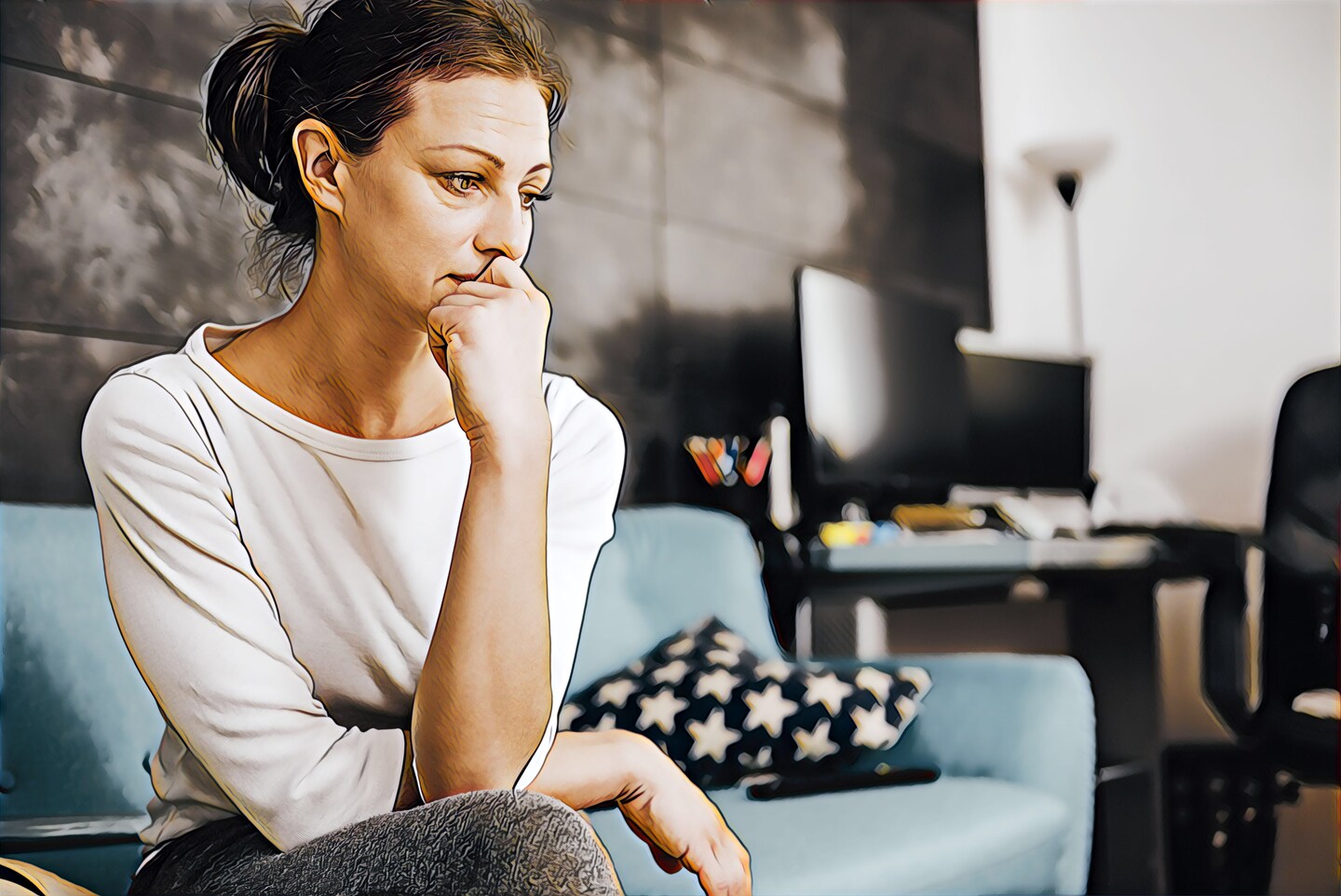Divorced from abusive spouse, a mother asks: What now?

A: Oh, friend. I read this and immediately wanted to find and hug you, not because I have sympathy for you, but because I wish you could see your own courage and humanity.
But we must start at the beginning, and here is the first point: You are a domestic abuse survivor. And after 23 years of turmoil, nine months is but a drop in the bucket toward healing. As you unpack what you have lost and gained, your primary job right now is to heal. Simply leaving an abusive marriage of 23 years is incredible, and I am not blowing smoke! Do you know how many people just lose steam and give up? You didn’t. Somehow, you found your voice and the strength to separate from your spouse.
As the enormity of what you and your children have endured (and continue to endure) washes over you, your guilt and sorrow may feel like they may drown you. And although I recommend this over and over in my columns, I have never meant it more than now: You must find a therapist who specializes in domestic abuse and/or trauma. I also recommend group therapy, which is a powerful way to find healing in community, in addition to your own private therapy.
Why am I pushing (demanding with love) for you to find a specific therapist for your parental guilt? Because you deserve to forgive yourself and move forward, and a good therapist will compassionately help you do this. Rather than spiral into self-loathing and fear, you can get help from a therapist to identify your triggers and assess what a healthy relationship looks and feels like. A therapist will also help you communicate with your children. And, above all, a therapist will normalize all of your emotions. It is normal for the abused spouse to have a distorted view of themselves and relationships, and this is a result of your brain doing its very best to cope with sustained pain. You are not broken, and neither are your children, and you should not do this emotional work alone.
As strange as this sounds, without compassionate support, your sorrow could threaten to swallow up the whole family and continue the trauma of the abuse. Your children are depending on you to strongly lead them through this huge transition, and if they feel that you are too guilty and too distraught, they may unconsciously think that they need to take care of you.
Ironically, then, your sorrow could bring about the very thing you don’t want, which is more pain for your children. I am not suggesting that you need to be a robot, but the proper place to offset your deeper pain and anxiety is not with your children. Again, a skilled therapist will guide you so you can feel powerful, hopeful and strong, rather than panicked, depressed and fueled by remorse.
And because domestic abuse is always a family issue, I suggest family therapy for the children. The confusion of loving two parents, one who hurts the other, causes much emotional distress in children. The ability to safely communicate their feelings to a “safe” person could bring about much healing.
Above all, please know that every step you take toward loving yourself and caring for your children is a step toward healing. You will live with triggers and sorrow, yes, but those emotions can coexist with compassion and hope. Your growth and self-care are directly tied into how well your children will navigate this next phase of life; you all deserve support. Check out thehotline.org for a great list of resources that can help you. Good luck.






